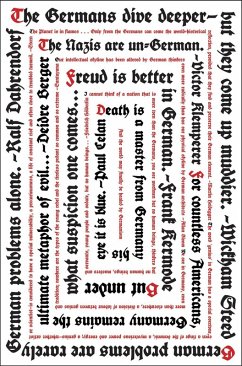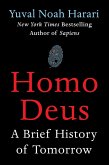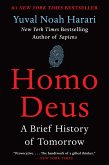Peter Watson's virtuoso sweep through modern German thought and culture, from 1750 to the present day, will challenge and confound both the stereotypes the world has of Germany and those that Germany has of itself.
From the end of the Baroque era and the death of Bach to the rise of Hitler in 1933, Germany was transformed from a poor relation among Western nations into a dominant intellectual and cultural forcemore creative and influential than France, Britain, Italy, Holland, and the United States. In the early decades of the twentieth century, German artists, writers, scholars, philosophers, scientists, and engineers were leading their freshly unified country to new and unimagined heights. By 1933, Germans had won more Nobel Prizes than any other nationals, and more than the British and Americans combined. Yet this remarkable genius was cut down in its prime by Adolf Hitler and his disastrous Third Reicha brutal legacy that has overshadowed the nation's achievements ever since.
How did the Germans transform their country so as to achieve such pre-eminence? In this absorbing cultural and intellectual history, Peter Watson goes back through time to explore the origins of the Germangenius, and he explains how and why it flourished, how it shaped our lives, and, most important, how it continues to influence our world. As he convincingly demonstrates, it was German thinkingfrom Beethoven and Kant to Diesel and Nietzsche, from Goethe and Wagner to Mendel and Planck, from Hegel and Marx to Freud and Schoenbergthat was paramount in the creation of the modern West. Moreover, despite World War II, figures such as Joseph Beuys, Jürgen Habermas, and Joseph Ratzinger ensure that the German genius still resonates intellectually today.
From the end of the Baroque era and the death of Bach to the rise of Hitler in 1933, Germany was transformed from a poor relation among Western nations into a dominant intellectual and cultural forcemore creative and influential than France, Britain, Italy, Holland, and the United States. In the early decades of the twentieth century, German artists, writers, scholars, philosophers, scientists, and engineers were leading their freshly unified country to new and unimagined heights. By 1933, Germans had won more Nobel Prizes than any other nationals, and more than the British and Americans combined. Yet this remarkable genius was cut down in its prime by Adolf Hitler and his disastrous Third Reicha brutal legacy that has overshadowed the nation's achievements ever since.
How did the Germans transform their country so as to achieve such pre-eminence? In this absorbing cultural and intellectual history, Peter Watson goes back through time to explore the origins of the Germangenius, and he explains how and why it flourished, how it shaped our lives, and, most important, how it continues to influence our world. As he convincingly demonstrates, it was German thinkingfrom Beethoven and Kant to Diesel and Nietzsche, from Goethe and Wagner to Mendel and Planck, from Hegel and Marx to Freud and Schoenbergthat was paramount in the creation of the modern West. Moreover, despite World War II, figures such as Joseph Beuys, Jürgen Habermas, and Joseph Ratzinger ensure that the German genius still resonates intellectually today.
Dieser Download kann aus rechtlichen Gründen nur mit Rechnungsadresse in A, B, BG, CY, CZ, D, DK, EW, E, FIN, F, GR, HR, H, I, LT, L, LR, M, NL, PL, P, R, S, SLO, SK ausgeliefert werden.









